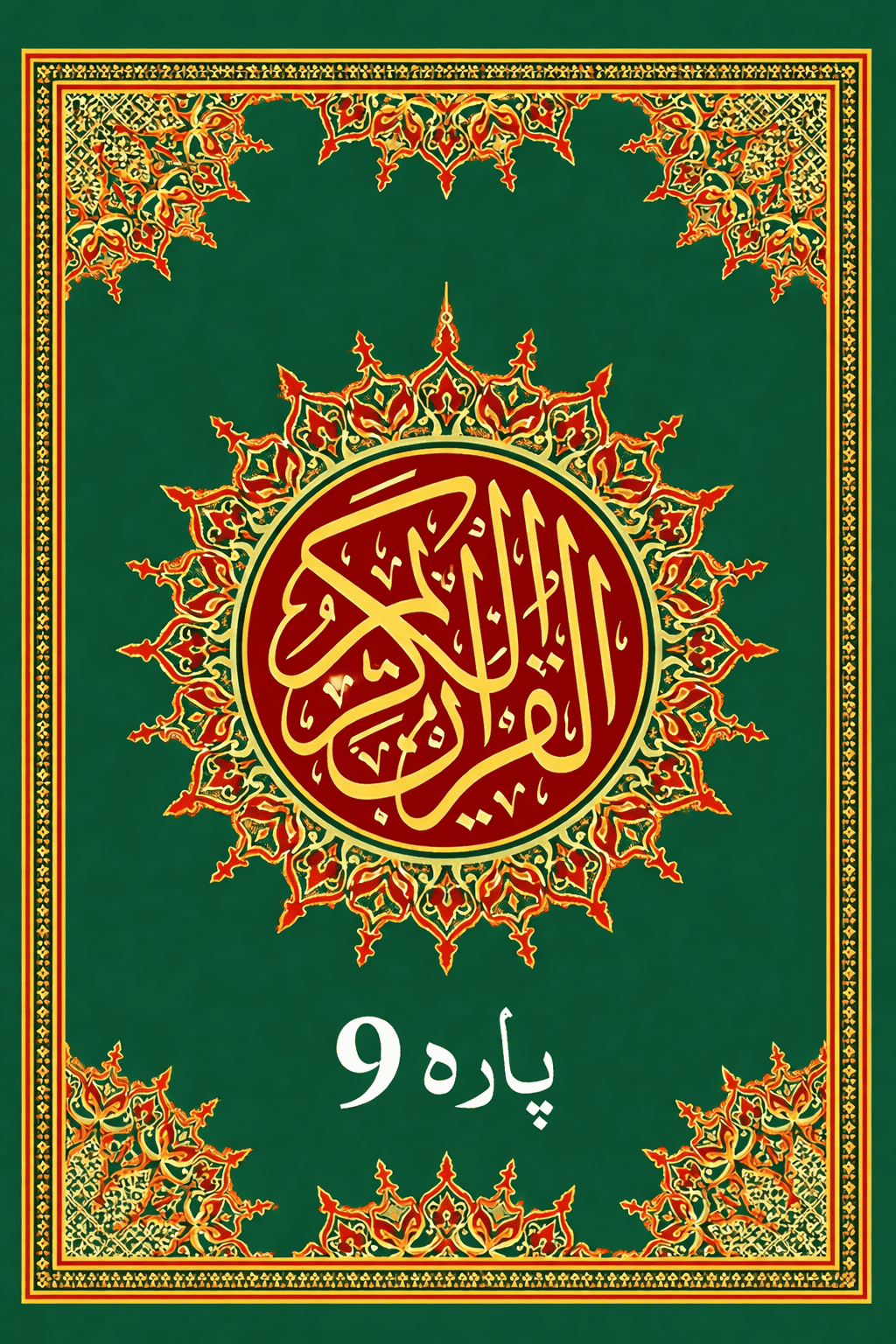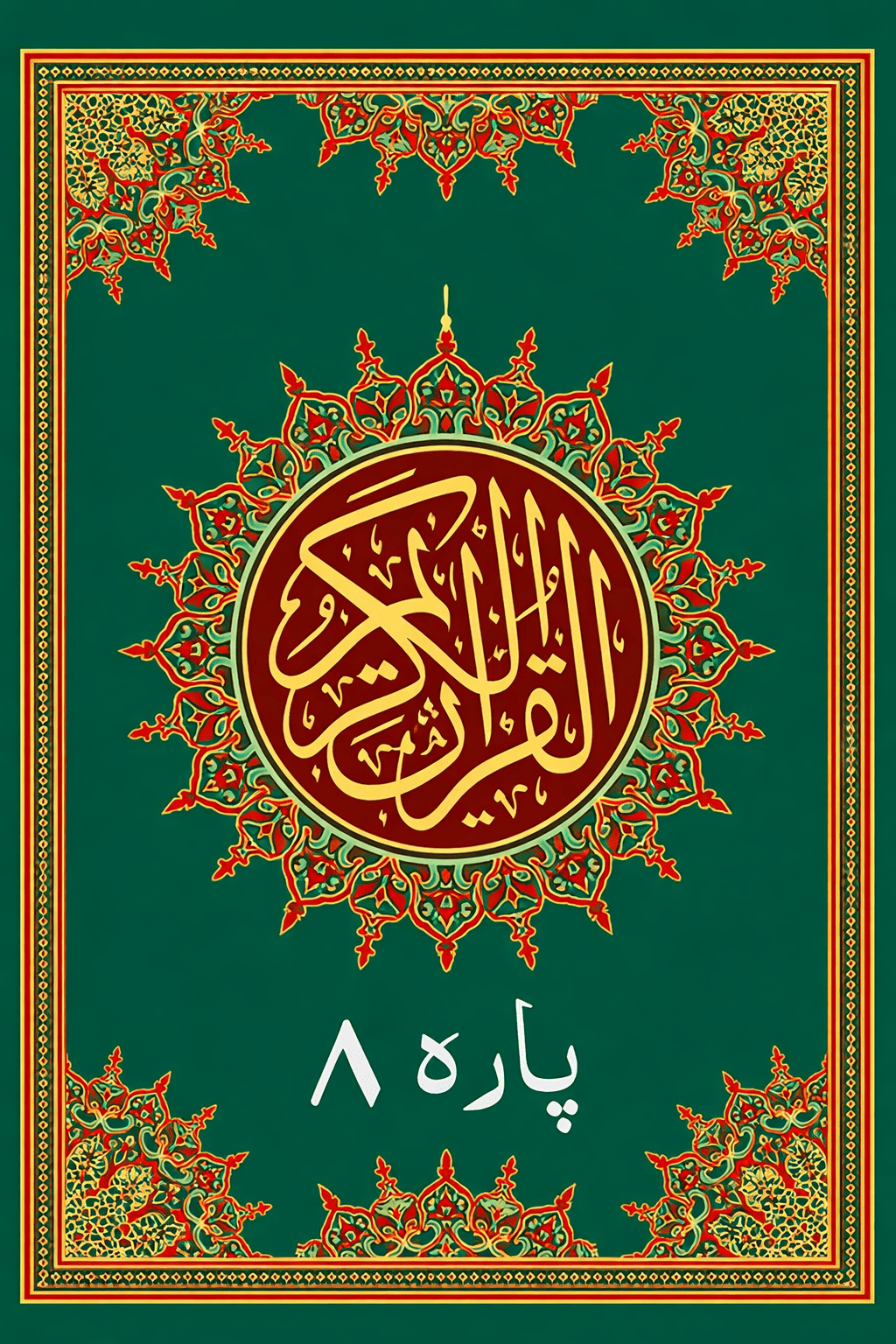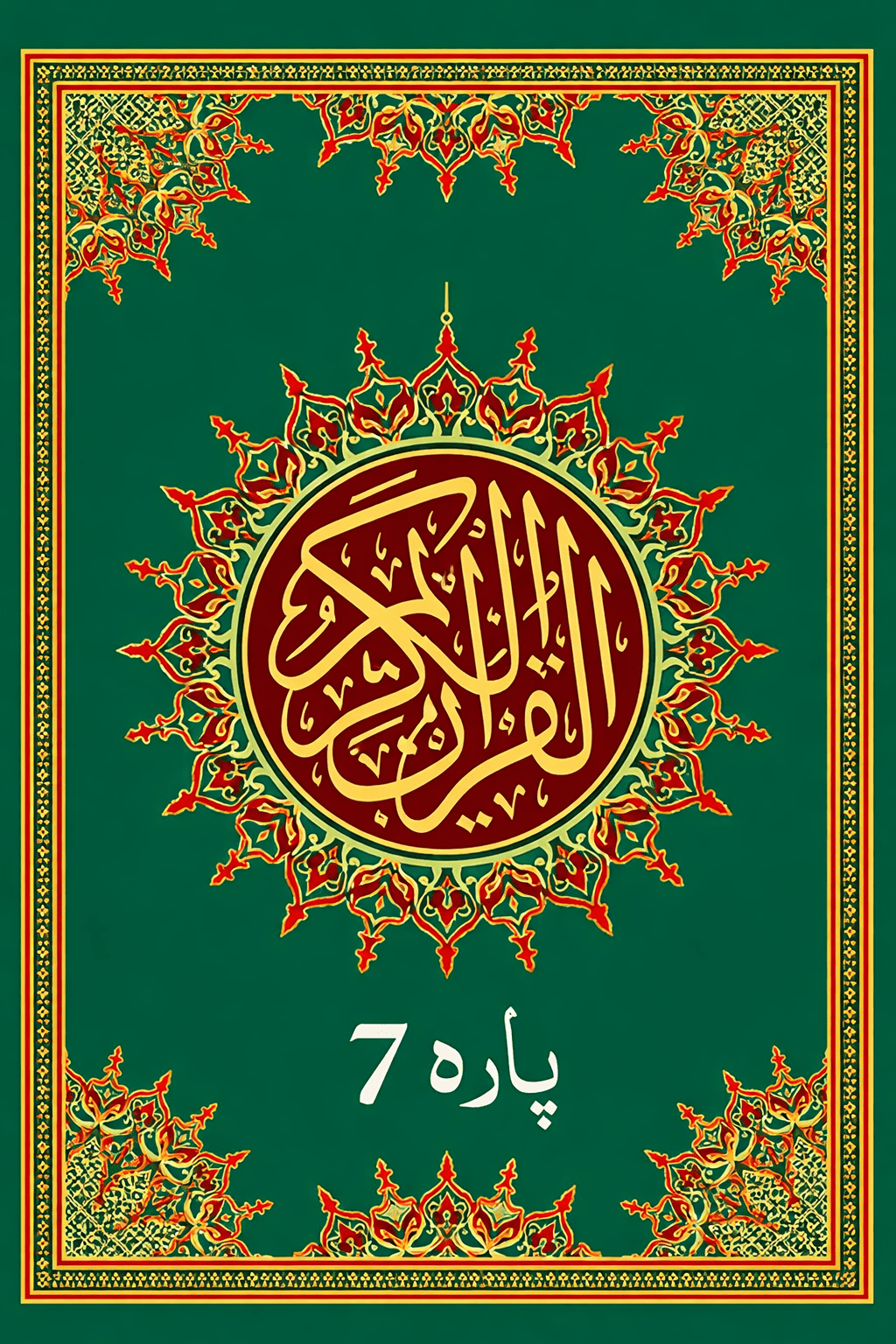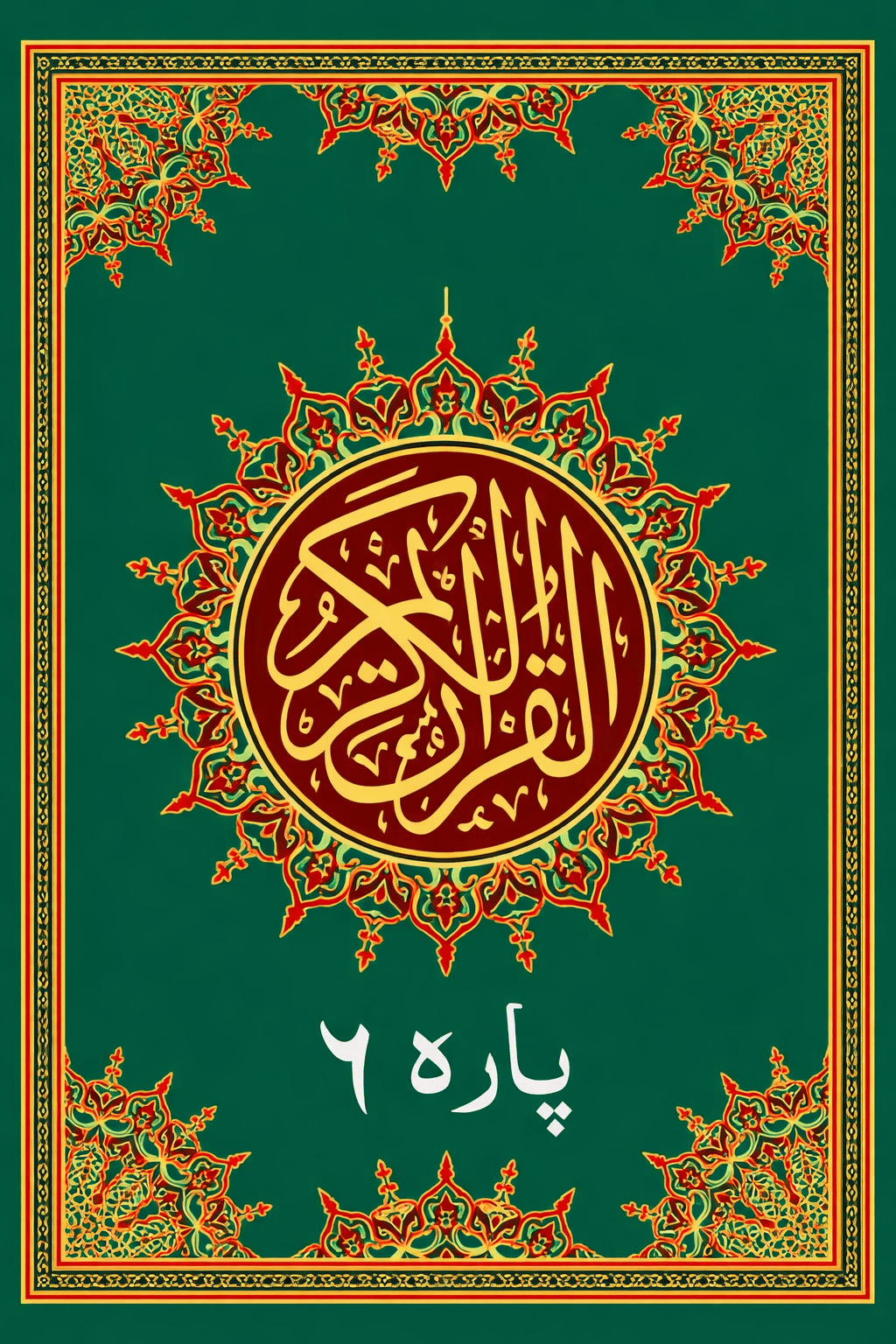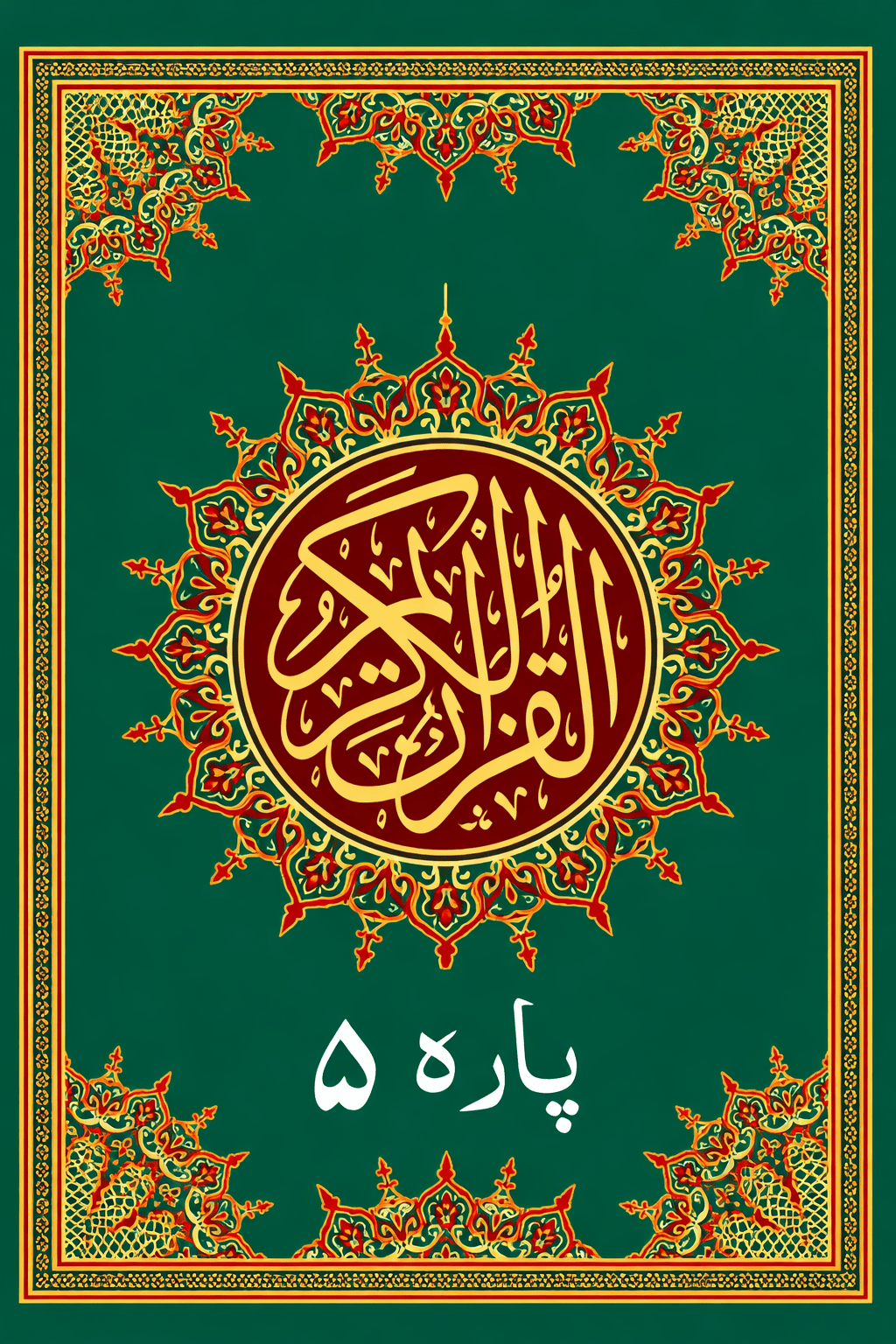The Islamic funeral process is a sacred tradition rooted in the principles of Islam, reflecting reverence for life and the afterlife. It involves specific rites and practices prescribed by the Quran and Sunnah to honor the deceased and provide comfort to their loved ones. This guide explores the steps, significance, and spiritual meaning of an Islamic funeral, helping you understand its profound role in Muslim life.
1. What Is an Islamic Funeral?
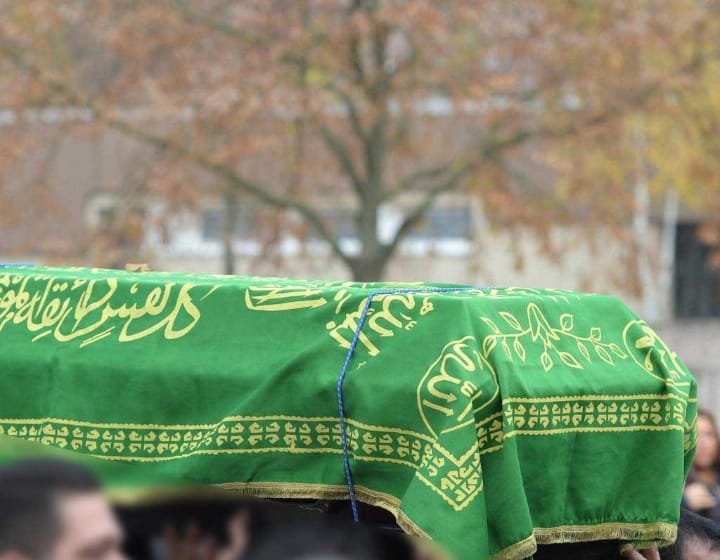
An Islamic funeral, also called a Janazah in Arabic, is a structured process that ensures the deceased is treated with dignity while fulfilling religious obligations. The funeral includes washing the body (Ghusl), shrouding (Kafan), performing the funeral prayer (Janazah Salah), and burial.
The process is guided by the principles of Fard Kifayah ,a communal obligation, meaning if a group of Muslims performs the rites, the duty is fulfilled for the community.
2. Key Steps in an Islamic Funeral
a. Ghusl (Ritual Washing)
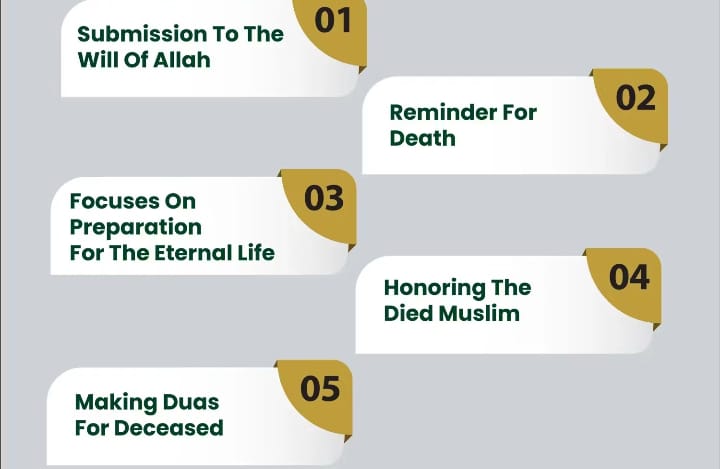
The deceased is washed with clean, perfumed water by same-gender family members or trusted individuals. This symbolizes spiritual purity before meeting Allah.
b. Kafan (Shrouding)
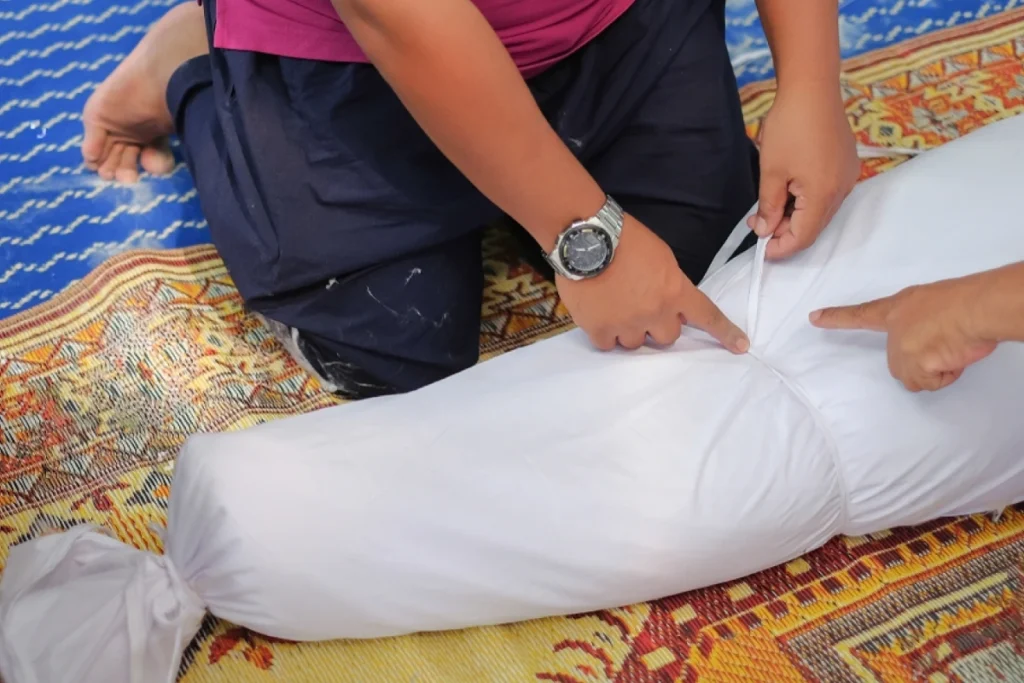
The body is wrapped in a plain white cloth, known as a Kafan, signifying equality in death and simplicity in Islam.
c. Janazah Prayer
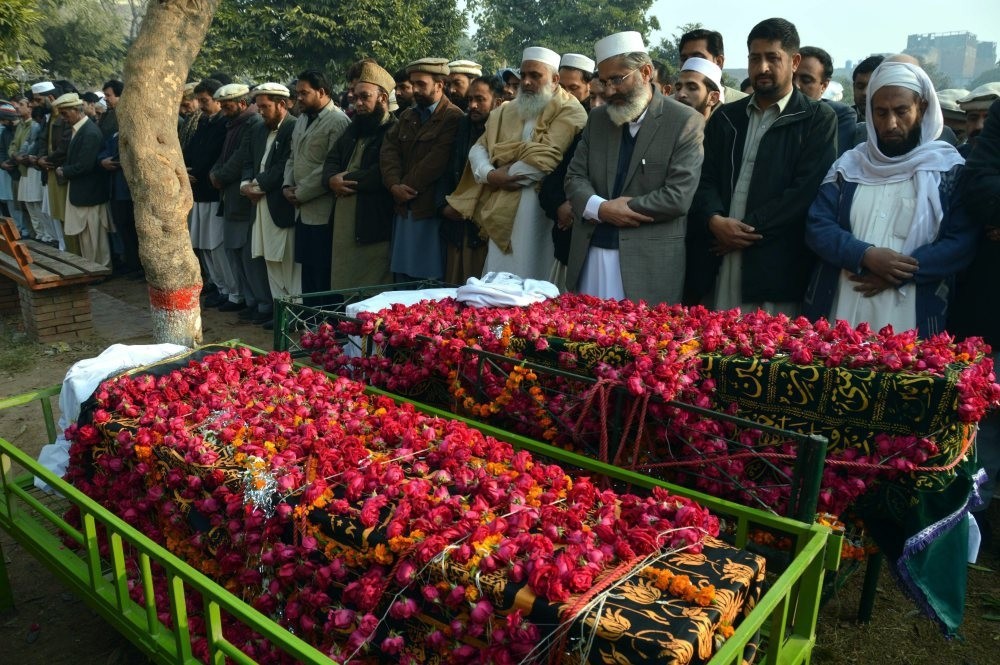
The Janazah Salah is performed by the community, asking Allah for mercy and forgiveness for the deceased. It’s a collective act of worship and compassion.
d. Burial
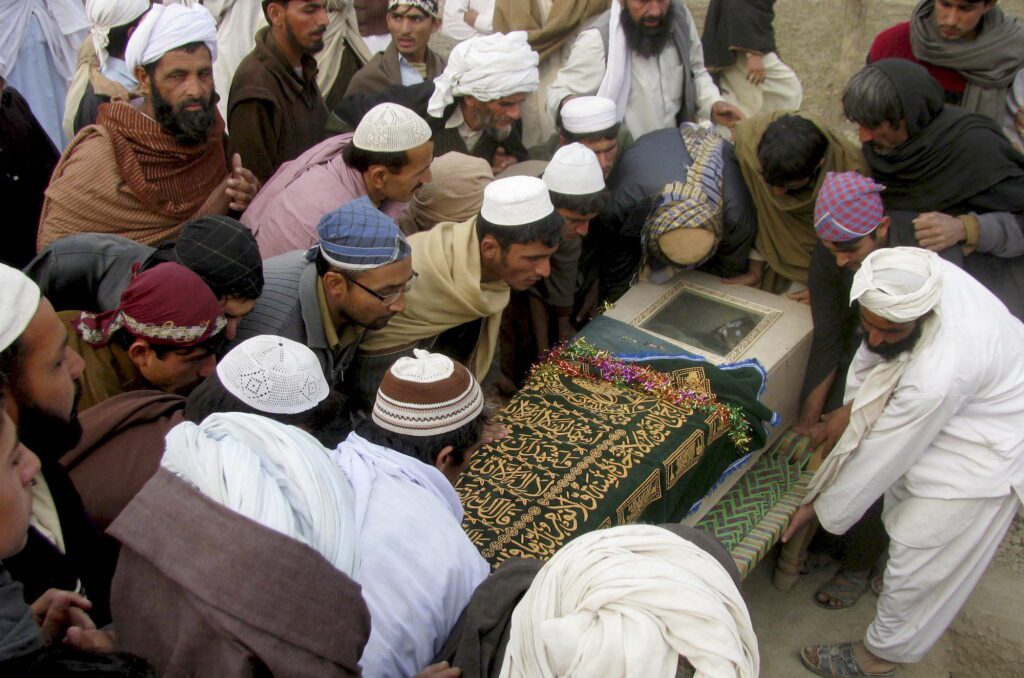
The body is placed directly into the grave without a coffin (where permissible), facing the Qibla (direction of Mecca). This reflects the Islamic belief in resurrection and accountability in the Hereafter.
3. The Spiritual Significance of an Islamic Funeral
Islamic funerals emphasize humility, remembrance of Allah, and preparation for the afterlife. Here are some key elements:
- Equality in Death: The plain shroud and simple burial remind us of life’s temporary nature and the equality of all before Allah.
- Dua (Supplication): Family and friends recite Quranic verses and prayers, asking for the deceased’s forgiveness and mercy.
- Focus on Charity: Acts of Sadaqah Jariyah (ongoing charity) in the deceased’s name are encouraged as a way to benefit them in the afterlife.
4. Common Questions About Islamic Funerals
a. Can Non-Muslims Attend an Islamic Funeral?
Yes, non-Muslims are welcome to attend as long as they respect Islamic customs, such as modest clothing and avoiding actions that conflict with Islamic values.
b. Why Is Cremation Forbidden in Islam?
Cremation is prohibited because Islam emphasizes honoring the body, which is considered a trust from Allah. Burial reflects the natural cycle of life and aligns with Islamic beliefs about resurrection.
c. What Is the Mourning Period?
Islam prescribes a mourning period of three days for most people. However, for a widow, the mourning period (Iddah) lasts four months and ten days.
5. Islamic Funeral Etiquette
Understanding Islamic funeral etiquette helps attendees show respect and provide comfort to the grieving family:
- Dress Modestly: Wear conservative, dark-colored clothing.
- Offer Condolences: Simple phrases like “May Allah grant them Jannah” or “Inna lillahi wa inna ilayhi raji’un” (We belong to Allah, and to Him we shall return) are appropriate.
- Avoid Excessive Mourning: Islam encourages patience and acceptance, avoiding wailing or other acts of extreme grief.
6. How to Arrange an Islamic Funeral
For those planning an Islamic funeral, here’s a step-by-step guide:
a. Contact Your Local Mosque
Most mosques provide assistance with funeral arrangements, including Ghusl, Kafan, and organizing the Janazah prayer.
b. Locate an Islamic Cemetery
Ensure the burial site adheres to Islamic guidelines. If unavailable, discuss alternatives with your mosque.
c. Funeral Services
Several organizations, such as Islamic funeral homes, offer comprehensive services, including body preparation, transportation, and burial arrangements.
7. The Role of the Community
In Islam, the entire community plays a role in honoring the deceased. Participating in the Janazah Salah, providing emotional support, and assisting the grieving family are acts of charity and solidarity.
8. The Afterlife in Islam
Islamic funerals are deeply tied to the belief in the afterlife. Muslims believe the soul transitions to the next phase of existence, awaiting the Day of Judgment. The funeral rites are a way to seek Allah’s mercy and prepare the deceased for eternal life.
Conclusion
An Islamic funeral is not just a series of rituals—it is a profound expression of faith, community, and devotion. By understanding its practices and spiritual meaning, we can better appreciate the values of humility, compassion, and unity that Islam upholds.
If you’re planning an Islamic funeral or seeking guidance, reach out to your local mosque or an Islamic funeral service for support. May Allah grant all the departed mercy and peace.
 Colors
Colors 
 Support
Support 






